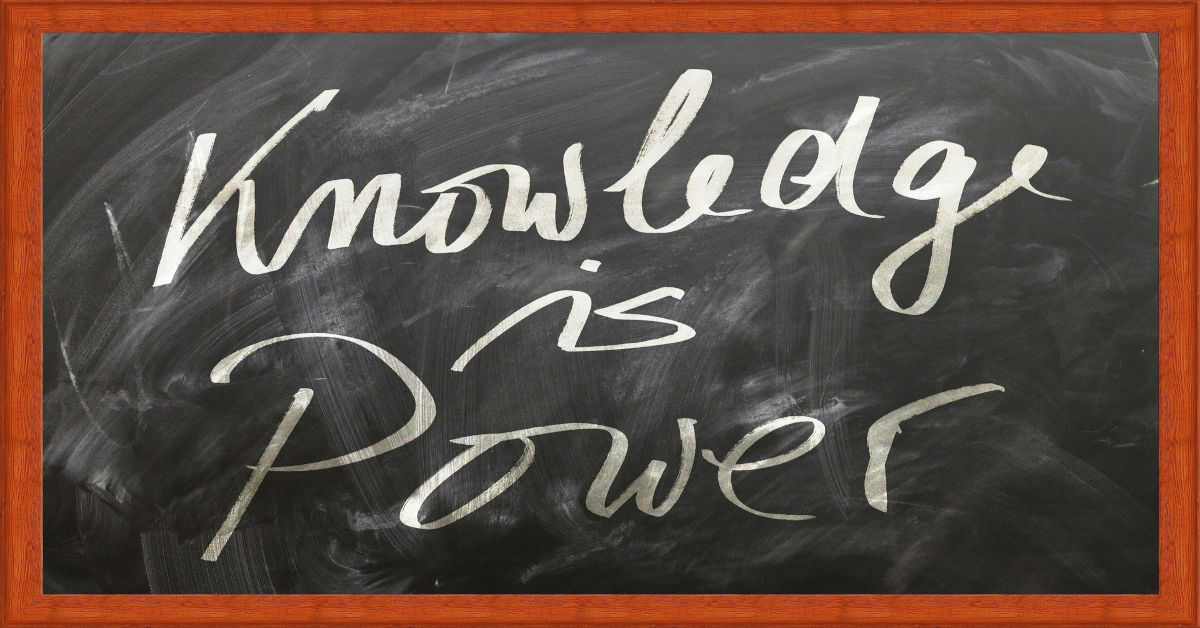Education makes the world go round: it enriches our minds, funnels creation and allows us to explore the depth of ourselves and the world around us. Education is paramount to economic development and sustainability. It is a necessity but also a privilege.
So, what are the obstacles in place and how can we help enforce change?
Despite the progressive history of women’s rights across the globe and demonstrations of girls being powerful agents of change, there are still 130 million girls worldwide who have no access to education. [1]
Due to the current climate crisis, natural disasters are increasing and unevenly exposing low-income countries to the impact. The number of young girls missing time in school is increasing. Climate change misplaces families, destroys educational resources and has profound consequences on livelihoods. Floods, storms, cyclones, heatwaves and earthquakes are becoming more frequent with every passing year. This costs countries billions in relief and erodes systems of safeguarding, impacts mental health and strikes down opportunities. Education, which provides the tools for innovation and resilience, is being inhibited by climate change.
While the climate crisis contributes to education restrictions, it only adds more pressure to already prohibiting and dangerous regulations. Gender equality in essentially every country is out of balance. From those living in extreme conditions in Afghanistan, where the Taliban have stripped freedoms by preventing girls from going to school and prohibiting women from working [2], to the girls in the Democratic Republic of Congo where over half of the young girls report that they’ve been physically assaulted and therefore, it is unsafe for them to attend school [3], in varying degrees, women’s integrity and autonomy is not protected. Across 18 of the 20 countries with the highest prevalence of child marriage, girls with no education are up to six times more likely to marry as children than girls with a secondary education [4].
Despite an age of technological advancement and hyperconnectivity, discriminative laws and policies are still being put in place. Gender-based restrictions and violence continue even in developed countries. Across schools in Britain, girls are performing to a higher standard and achieving better grades [5], yet employment prospects and wages are higher for males. In fact, males are twice as likely to get a senior position than a female. While many parts of the world are moving forward to advocate for better, other parts are reversing. For example, a recent law in the state of Texas, USA, has passed to ban most abortions after 6 weeks; this has devastating effects on women’s bodily rights and, potentially, their ability to access further education.

There are many obstacles in place that prevent equal education, but there are also many reasons to advocate for it. Working against the patriarchy and helping girls succeed creates endless possibilities. Facilitating the tools and empowering girls’ education is crucial to mitigating the effects of climate change and contributing towards higher functioning and wealthy communities. Everything in the environment is connected, nature reflects behaviour and making one small change can benefit many areas in need.
Ways you can be proactive in supporting girls education:
Sign petitions that are advocating for change in policies and spread awareness on social media; here are a few petitions that promote girls’ education:
- Petition · Protect the freedom and safety of Afghan women and girls · Change.org
- Petition · Hold a #WeeklyClimateAddress · Change.org
- Petition · Stop using labels as an excuse! Teach disabled children to read and write #TeachUsToo · Change.org
Donate to a charity once a month, or even once a year. Donating in the name of someone for a special occasion can be a really thoughtful gesture and a little goes a long way for the charities. Here are some to consider:
- Visit The Word Forest Organisation UK registered charity website
- How to Help Girls’ Education | Donate to Malala Fund
- Homepage – Girls Out Loud
- The Fawcett Society
Diversify bookshelves, donate resources or partner your business with a scheme that helps you contribute to aid. Here are some books that can change the way you approach feminism:
- All We Can Save: Truth, Courage, and Solutions for the Climate Crisis by Ayana Elizabeth Johnson | Goodreads
- Women Don’t Owe You Pretty by Florence Given | Goodreads
- We Are Displaced by Malala Yousafzai | Goodreads
- We Are the Weather: Saving the Planet Begins at Breakfast by Jonathan Safran Foer | Goodreads
- Disability Visibility: First-Person Stories from the Twenty-first Century by Alice Wong | Goodreads
While there are countless ways you can help, adapting to a more sustainable lifestyle is crucial. Doing our part to protect biodiversity creates a safer and healthier environment across the globe!
#girlseducation #womensrights #climatejustice
Shivany Ria and The Team
References
1. https://www.unicef.org/education/girls-education
2. https://www.bbc.co.uk/news/world-asia-58434735
3. https://www.theguardian.com/global-development/2016/sep/19/why-are-63-million-girls-missing-out-on-education-podcast-transcript
4. https://theirworld.org/explainers/girls-education
5. https://www.standard.co.uk/news/uk/girls-alevel-northern-ireland-wales-england-b949980.html



